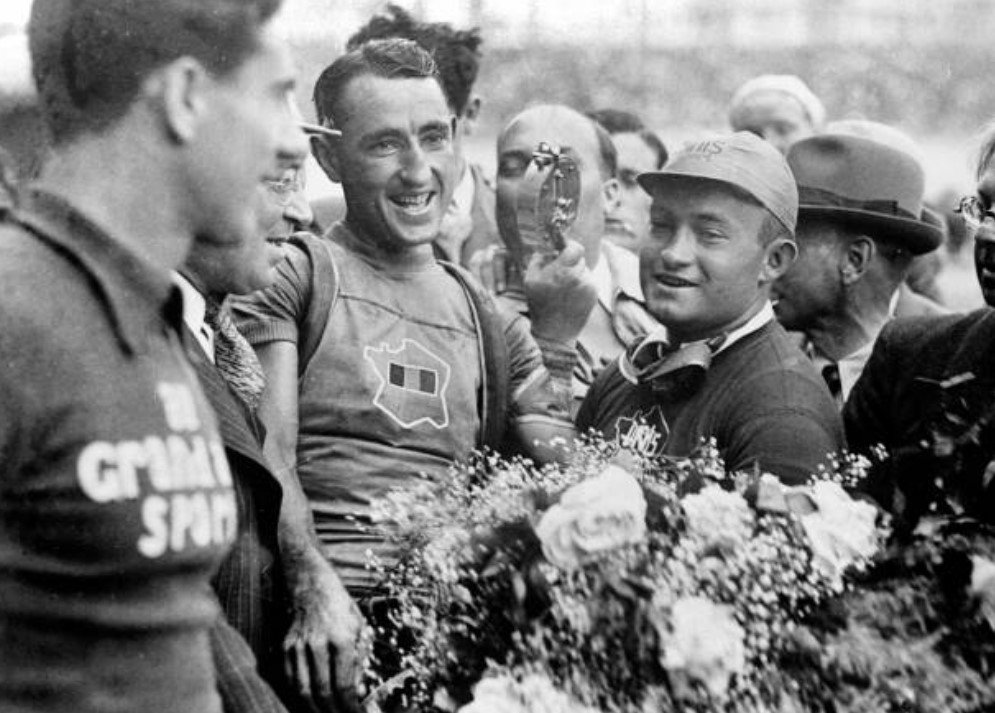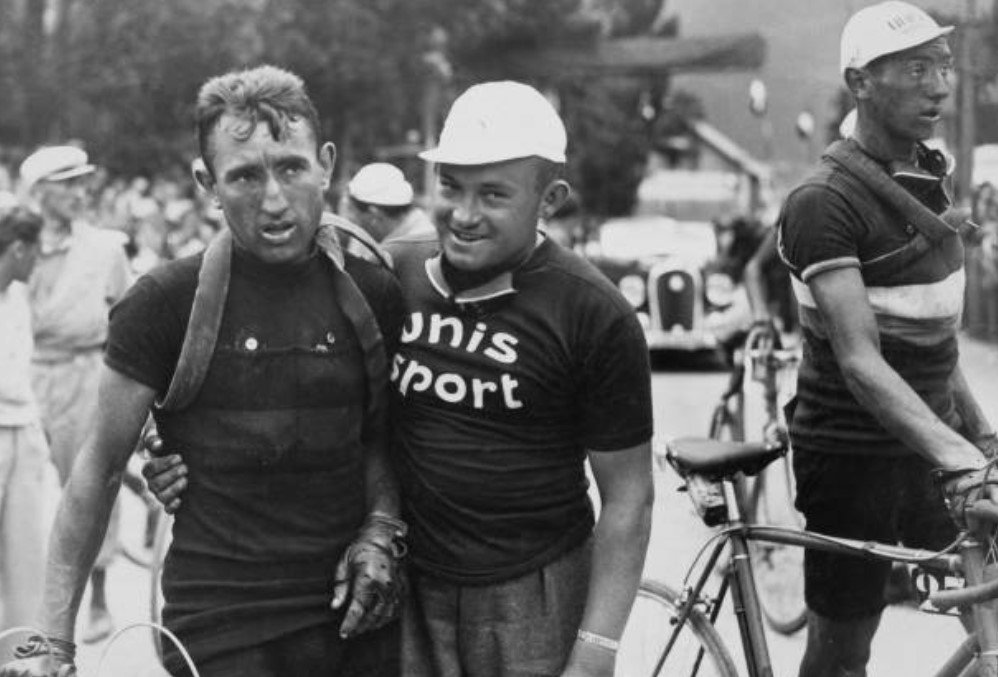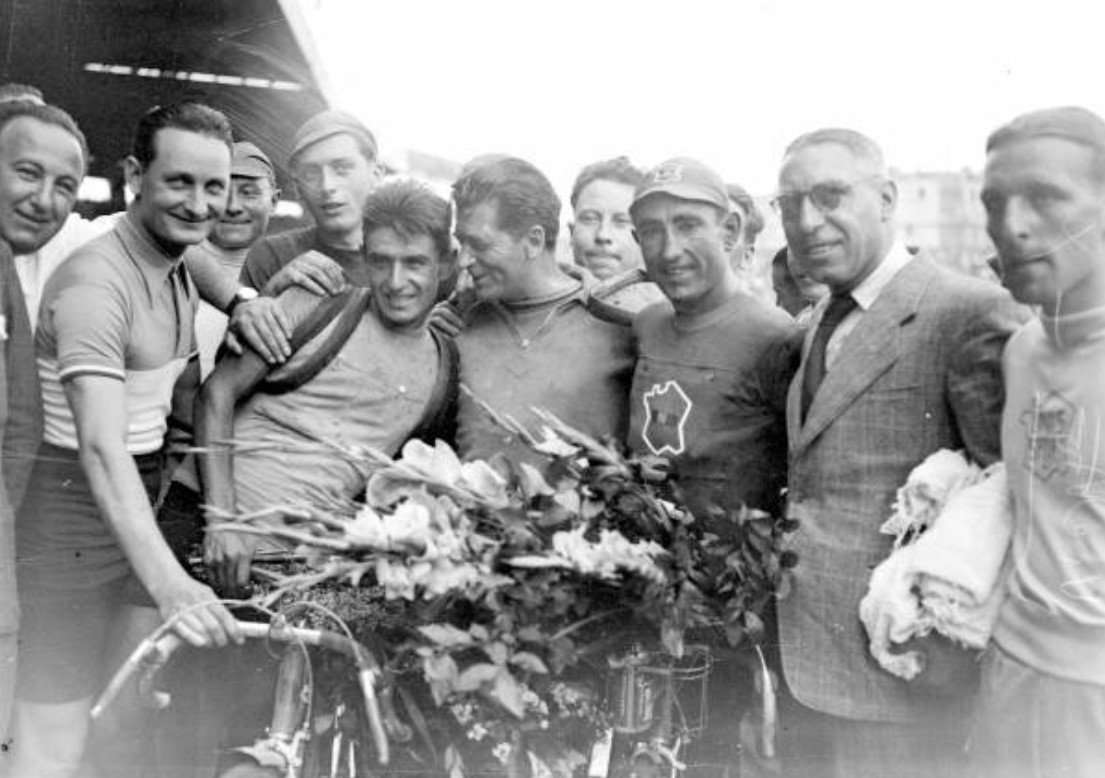Sports
Sylveer Maes – Belgium’s Forgotten Cycling Champion

Sylveer Maes was one of the greatest Belgian cyclists of the 20th century. He was born on August 27, 1909, in Zele, a town in East Flanders, Belgium. His name is remembered by those who study cycling history, but for many people today, he remains unknown. This article takes a detailed look at the life, career, and legacy of Sylveer Maes. He was not just a rider who won races. He represented Belgium during a difficult time in history and gave everything to his sport.
Early Life and Introduction to Cycling
Sylveer Maes grew up in a modest family. Like many boys in Belgium at that time, he loved cycling from an early age. Belgium had already produced top riders, and bicycles were common for both transport and sport. As he grew older, Sylveer began to race locally. His natural ability and strong work ethic helped him move up the ranks. He turned professional in the early 1930s and soon became one of the top riders in Europe.
First Tour de France Appearances
Sylveer Maes made his first Tour de France appearance in 1934. The Tour de France is the most famous bicycle race in the world. Competing in this event is already a big achievement, but Sylveer went further. He showed great skill in mountain stages and time trials. In 1935, he finished third overall. That result proved he was not just another rider. He was a serious contender.

Image Source: Getty Images
Winning the Tour de France
In 1936, Sylveer Maes won the Tour de France. It was a huge moment for Belgium. He wore the yellow jersey, which is given to the leader of the race, for most of the event. His strong climbing and time-trial skills helped him stay ahead of his rivals. He won again in 1939, showing that his earlier win was no accident.
His 1939 victory came just before the outbreak of World War II. The war disrupted cycling events across Europe. For many cyclists, including Sylveer Maes, this meant the end of international racing for several years.

Image Source: Getty Images
The War Years and Racing Challenges
World War II changed the world of sports. Races were cancelled, and many cyclists either joined the army or stayed in their home countries. Sylveer Maes continued to ride during the early years of the war, mostly in local races. However, international cycling came to a stop.
This period was hard for many professional athletes. Training was difficult, travel was limited, and resources were scarce. Despite these challenges, Sylveer Maes remained active in the cycling world. He was still respected in Belgium as a national sports figure.
Return to Racing After the War
After the war ended in 1945, professional cycling began to return. Sylveer Maes, by then older and past his peak, raced a few more times but did not reach the same level as before. He officially retired from professional cycling in 1947. His post-war results were not as strong, but his earlier wins had already made him a legend in Belgium.
Legacy and Contribution to Cycling
Sylveer Maes did more than win races. He helped raise the level of Belgian cycling. His dedication inspired younger riders who followed in his footsteps. Some even became Tour de France winners themselves. He also worked as a team director after retiring from competition. His experience and advice were valuable to many riders.
For some reason, his name is not as well known today. While other champions like Eddy Merckx are household names in Belgium and worldwide, Sylveer Maes has faded from public memory. This may be due to the timing of his success. The war years made it harder to maintain fame, and media coverage was limited.
Still, among historians and cycling experts, Sylveer Maes is respected as one of the greats. His two Tour de France wins are proof of his talent and determination.
Major Wins and Results
Here are some of the key achievements in Sylveer Maes’s cycling career:
- Tour de France 1936 – Winner
- Tour de France 1939 – Winner
- Tour de France 1935 – Third overall
- Several stage wins in the Tour de France across multiple years
- Winner of the Belgian national road race championship
- High placements in other European races, such as Paris–Nice and the Giro d’Italia (though he never won the Giro)
He was known for his steady performance in long, difficult races. He was not the flashiest rider, but he was one of the strongest.
Personal Life and Death
Sylveer Maes lived a quiet life after retiring. He stayed involved in cycling, often attending events and supporting local races. He passed away on December 5, 1966, at the age of 57. His death was noted in Belgian newspapers, but outside of cycling circles, it did not receive wide coverage.
He did not have a big public presence after retirement, which may explain why he became a forgotten name for many people. However, his achievements remain part of Belgium’s rich cycling history.
Why is Sylveer Maes Forgotten?
There are several reasons why Sylveer Maes is not widely remembered today. One reason is timing. His peak years were in the late 1930s, just before World War II. The war shifted attention away from sports. Media was also not as developed as it is today. Few videos, interviews, or photos were widely shared.
Another reason is the rise of later Belgian champions who received more attention. Riders like Eddy Merckx, who won five Tour de France titles in the 1960s and 70s, took the spotlight. Their careers happened during the television era, making them more visible to the public.
Still, it is important to honour pioneers like Sylveer Maes. He helped set the stage for Belgian success in cycling. His results show that he belonged to the top group of his time.
Honouring His Memory
Today, some Belgian cycling clubs and towns remember Sylveer Maes by holding local races or events in his name. Zele, his birthplace, has recognised him with local honours. However, there is still room for more awareness.
Cycling fans who study history often come across his name and are surprised by how successful he was. He deserves more recognition in books, museums, and even documentaries. Bringing back his story can inspire a new generation of cyclists.
Some online cycling databases and sports history websites have begun to include more information about him. As digital records grow, perhaps his name will rise again among the public.
Final Thoughts
Sylveer Maes was a true champion of his time. He won the world’s most difficult race twice and made Belgium proud. His quiet personality, timing during the war, and lack of media exposure may have led to his story being overlooked.
Yet, when we look back at the records and the effort he gave, we see a cyclist who deserves honour and respect. Sylveer Maes is not just a forgotten name. He is part of the foundation of Belgian cycling success.
For anyone interested in cycling history, Sylveer Maes is a name worth remembering. Whether you are a new fan or a long-time follower of the sport, take time to learn about riders like him. They helped build the world of cycling we enjoy today.
And if you ever come across the name Sylvee, know that it might just be a nod to one of Belgium’s early champions: Sylveer Maes.
Check out: How to Start Cycling: A Beginner’s Guide to Riding Safely
-

 Entertainment1 month ago
Entertainment1 month ago123Movies Alternatives: 13 Best Streaming Sites in 2026
-

 Entertainment2 months ago
Entertainment2 months ago13 Free FMovies Alternatives to Watch Movies Online in 2026
-

 Entertainment1 month ago
Entertainment1 month ago13 Flixtor Alternatives to Stream Free Movies [2026]
-

 Entertainment1 month ago
Entertainment1 month agoGoMovies is Down? Here are the 11 Best Alternatives






